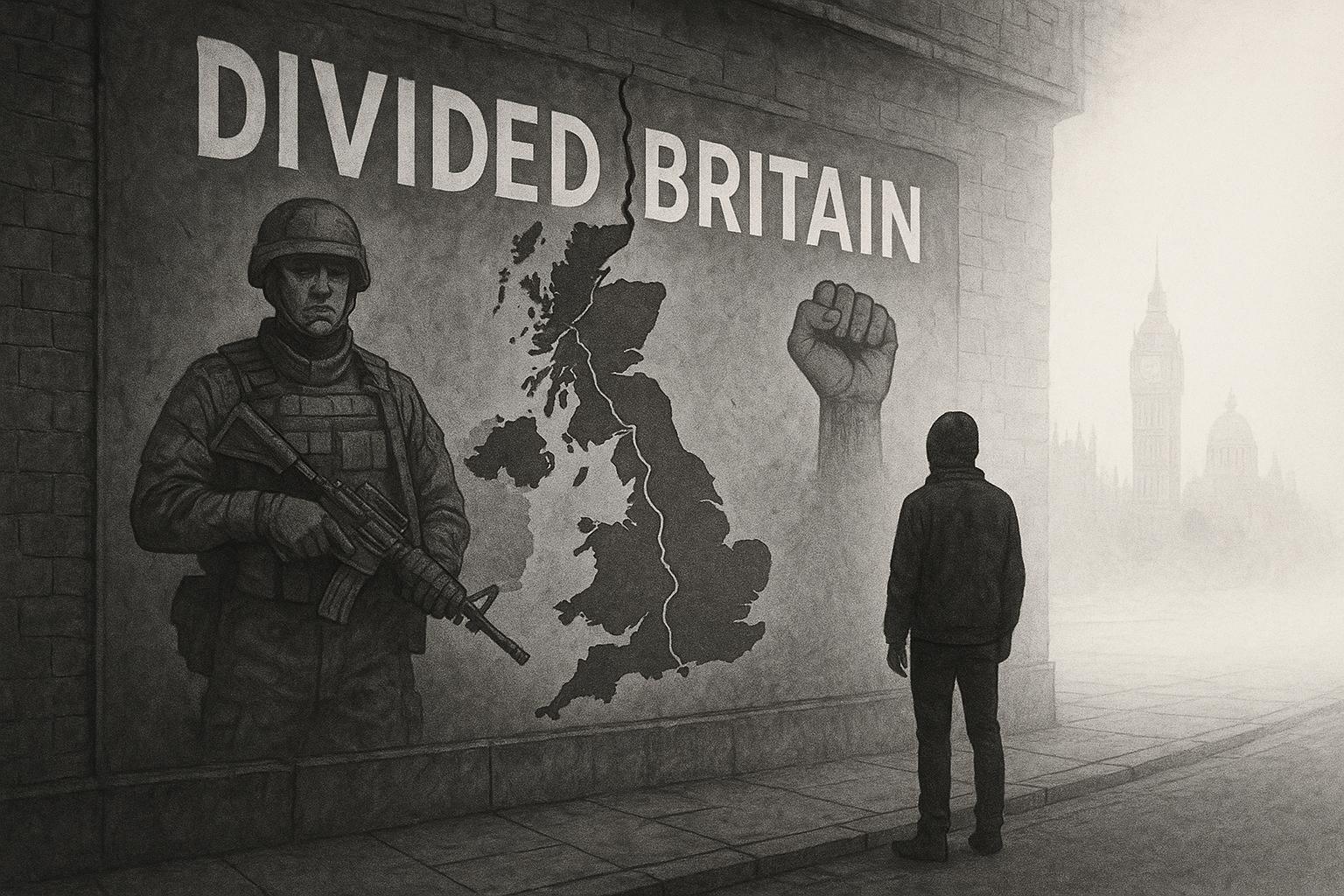British Prime Minister Keir Starmer is set to unveil plans for a mandatory digital identity card system for all adult citizens in the UK, a move aimed primarily at tackling illegal immigration and ensuring those working or renting property in the country have lawful status. The proposed "BritCards" would serve as government-issued digital ID cards, stored on mobile devices through the GOV.UK wallet app, with paper versions available for those without smartphones including pensioners. While the cards would not be compulsory in name, effectively every adult would need one to secure employment or accommodation, making them functionally unavoidable.
The initiative marks a significant shift in UK policy, reviving a concept of national ID cards long debated but never fully implemented since the Second World War era. Former Prime Minister Tony Blair, a longstanding advocate for ID cards, had pushed for a similar scheme in the 2000s but faced widespread public opposition over concerns about civil liberties. Prime Minister Starmer’s proposal reflects new urgency amid record levels of migrant arrivals and mounting political pressure to dismantle people-smuggling networks that exploit legal loopholes. According to government sources, the digital IDs would allow landlords and employers to verify immigration and work eligibility, assisting in reducing exploitation tied to the shadow economy.
The cards will link to a central, government-maintained database of individuals authorised to live and work in the UK, promising to streamline immigration status checks and enforcement. Officials project that beyond immigration control, the digital IDs could offer practical benefits such as simpler age verification when purchasing alcohol or more secure identification for parcel collection at post offices. The rollout aligns with ongoing digital government initiatives, including the earlier launch of the GOV.UK app and the forthcoming GOV.UK wallet, which will eventually house various digital government documents.
Despite government claims emphasising both security and service improvements, the plan has drawn sharp criticism from civil liberties groups, opposition politicians, and digital rights advocates. Liberal Democrat tech spokesperson Victoria Collins voiced concerns that mandatory digital IDs could force individuals to surrender private data merely to conduct routine activities, disproportionately impacting elderly citizens, disabled people, and those facing economic hardship who are more likely to be digitally excluded. Big Brother Watch, a civil liberties organisation, warned that a centralized digital ID system could become a prime target for hackers and foreign adversaries, posing significant risks to privacy and digital security. Their petition against the proposals has amassed over 100,000 signatures, underlining public unease about potential authoritarian overreach.
Furthermore, political opposition figures like Nigel Farage have condemned the plan as an overreach of state power unlikely to curb illegal immigration but liable to increase control over ordinary citizens. Speaking to GB News, Farage stated the scheme would not deter illegal migrants but rather serve as a tool for greater government surveillance and control.
The government acknowledges these concerns but argues that public attitudes have shifted since the early 2000s, given the ubiquity of digital identity tools in daily life today. Starmer has suggested that the new digital identity could transform service delivery for the better if implemented responsibly. The financial outlay for establishing the system is estimated between £140 million and £400 million, according to a Labour-connected think tank, Labour Together, which delivered a report to No10. The policy remains subject to public consultation and parliamentary approval, with details about the rollout timeline forthcoming after the upcoming Labour Party conference.
This digital ID agenda fits into a broader package of reforms intended to overhaul the UK's immigration and asylum systems, which continue to face pressure from unprecedented numbers of Channel crossings—over 28,000 migrant arrivals recorded this year alone. The government is also considering relocating asylum seekers from hotels to alternative accommodations like industrial sites and military bases, aiming to alleviate public frustration over housing conditions. These measures collectively signal the government's commitment to more rigorous border control and enforcement strategies in the face of rising migration and political scrutiny.
In sum, while the planned BritCard initiative promises a technological and administrative leap forward in managing immigration, it confronts significant political, ethical, and practical challenges regarding privacy, digital inclusion, and civil liberties, sparking fierce debate on how best to balance security and individual rights in modern Britain.
📌 Reference Map:
- Paragraph 1 – [1], [2], [3], [5]
- Paragraph 2 – [1], [2], [3]
- Paragraph 3 – [1], [3], [5]
- Paragraph 4 – [1], [2], [3]
- Paragraph 5 – [1], [6]
- Paragraph 6 – [1], [6]
- Paragraph 7 – [1], [2], [5]
- Paragraph 8 – [1], [4], [5]
- Paragraph 9 – [1], [2], [6]
Source: Noah Wire Services
